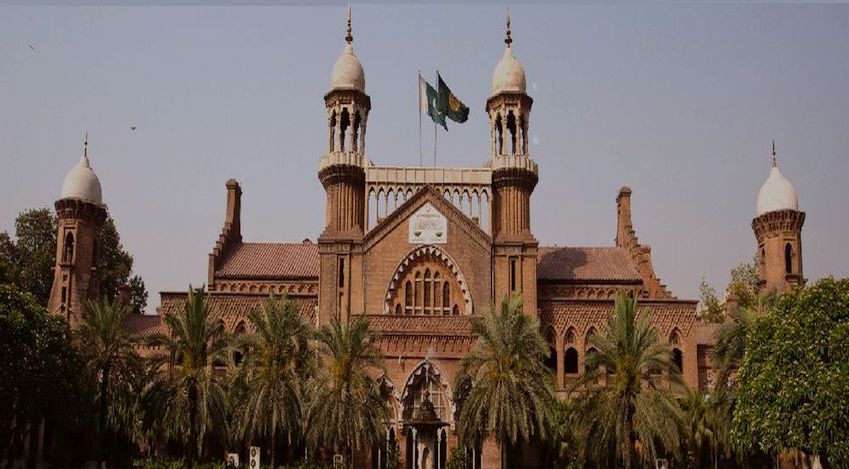Limitation Issues in cases alleging Fraud are often Mixed Questions of Law and Fact, requiring evidence to determine when the plaintiff became aware of the Fraudulent Act --- Lahore High Court, Lahore
Islamabad 10-12-2024: In a significant judgment, Mr. Justice Faisal Zaman Khan allowed a Civil Revision filed by Sabiha Bibi [C.R. No. 408-D of 2023], overturning orders from the trial and Appellate Courts that dismissed her suit challenging alleged fraudulent mutations of gift. The Court emphasized the principles of procedural fairness and the importance of adhering to legal provisions, particularly Order VII Rule 11 CPC, in cases involving disputed factual matters.
The Petitioner, Sabiha Bibi, had instituted a suit for declaration and permanent injunction against various mutations of gift, alleging fraud. The trial Court dismissed the suit under Order VII Rule 11 CPC, citing it as barred by limitation. This decision was upheld by the appellate Court. Aggrieved, the Petitioner approached the Lahore High Court through Civil Revision.
The case centered on two major issues:
- Whether the plaint could be rejected under Order VII Rule 11 CPC without providing notice or recording evidence on disputed factual matters.
- Whether procedural fairness, as guaranteed under Article 10-A of the Constitution, was adhered to by the trial Court.
Mr. Justice Faisal Zaman Khan meticulously analyzed the procedural lapses and the legal principles at stake. The key findings included:
- The trial Court rejected the plaint on a day set for hearing an application for a temporary injunction, without notifying the Petitioner about the issue of maintainability. This violated the Petitioner’s right to a fair trial under Article 10-A of the Constitution.
- The Lahore High Court held that limitation issues in cases alleging fraud are often mixed questions of law and fact, requiring evidence to determine when the plaintiff became aware of the fraudulent act.
- The Court reiterated that under Order VII Rule 11 CPC, only the plaint’s contents and admitted documents can be considered when determining maintainability. The trial Court exceeded its jurisdiction by delving into disputed factual matters.
The Lahore High Court directed that the trial Court should have:
- Decided the application for a temporary injunction.
- Framed preliminary issues under Order XIV Rule 2 CPC.
- Allowed both parties an opportunity to present their case.
The Lahore High Court allowed the civil revision, setting aside the trial and appellate Court orders. The suit was restored, and the trial Court was directed to proceed afresh in light of the judgment’s observations.
Powered by Froala Editor








